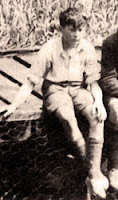Talking About the Weather.
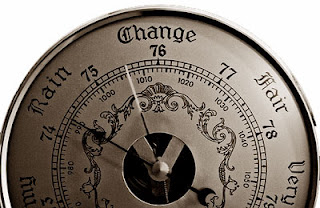
It’s strange we never seem to get the forecast weather when we expect it. Why does it so often rain just when the hay and corn is ready to be brought in, the sun comes out just as you arrive home after a day by the sea or the children are starting their school holidays.
In this country, the weather seems to be one of the main topics of conversation. Whenever we meet a friend or acquaintance the first words spoken invariably refer to the temperature or elements. In our daily newspapers and with every news bulletin on radio and TV we are told what to expect and advised if we should put on our raincoats and wellies or an extra woolly when we leave the house. There are times when we are told not to venture out at all unless it is absolutely necessary. Have you ever wondered how we would greet people and start a conversation if our weather was as predictable as it is in some parts of the world?
Did You Know?
Not so long ago, in confined spaces like a train or bus, offering a cigarette by handing a packet round to your companions was a popular way to break the ice and start a conversation. Today, it would be more likely to get you severely reprimanded or thrown out of the carriage. In those days people didn’t talk so much about the weather as they do now, their lives didn’t seem to be so affected by it. However, there is no doubt that there has always been comments made about the constant need for a good celery rain, a steady shower to bring on the peas and beans or a thunderstorm to clear the air.
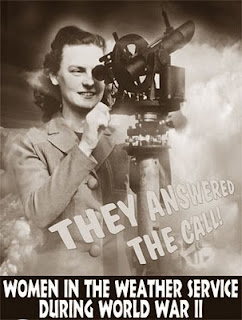
Of course, no one had to travel nearly as much as they do now. Anywhere they had to go daily they went on foot. There were no cars to be got out in the snow and taken onto icy roads. When the wintry weather prevailed horse drawn snowploughs were used to push aside the loose snow on the roads and leave a flattened surface. The horses that had to work in those conditions had nails put in their hoofs to give them a better grip and prevent them slipping.
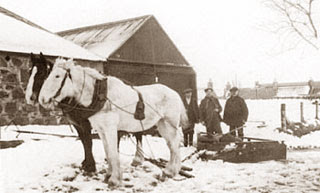
At such times, farm workers who were unable to get on the fields turned to all the jobs about the farm they rarely had time to do. When they were outside and it started to rain they often threw a sack around their shoulders and just carried on. Many of them with livestock to attend to had no other choice.
Many country folk had their own ways of forecasting the weather. After a rare trip to the seaside it was not unusual for some to have a bunch of seaweed hanging outside the back door. Most people, like the fishermen, were very aware of the phases of the moon and direction of the wind. A red sky at sunset would indicate a fine but blustery day to follow. If the red sky was at dawn it was said to be a warning to all at sea.
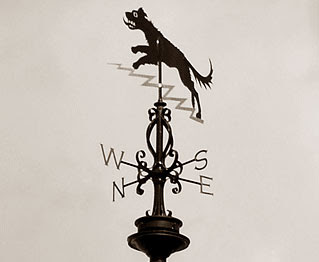
Almost every family had a way of telling what to expect not only in the next day or two but also for the forthcoming seasons. These conjectures were handed down from generation to generation. Observation like:
— How early and plentiful were the snowdrops and certain spring flowers? Was there an abundance of mistletoe on the old oak at the bottom of the garden? How high in the trees are the rooks nesting this year?
— Then there were many sayings such as ‘Rain before seven, clear up before eleven’!
— These forecasts were never proven to be accurate but nevertheless that is all they had to go by and many used them as a guide.
Perhaps that was no worse than today’s followers of Astrology who regularly read their birth sign and expect the events of their day to follow accordingly.
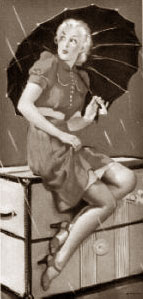
Very few of us like to sit in dead silence on a train or somewhere like a Doctor’s surgery. Some pretend to read what are often outdated magazines and cast their gaze around from time to time to see who else is there. Occasionally, their eyes meet someone else’s and they both look away quickly. This problem has now been solved in many waiting areas by the installation of music or a TV. It is interesting to note that many of those who greet each other at the Doctor’s surgery often do so by asking, ‘Are you all right?’ — Perhaps a lengthy response keeps the conversation away from the weather.
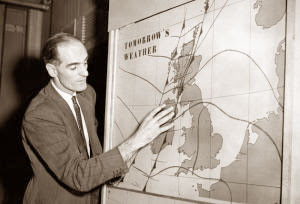
Our weather, as we all know, is very changeable but does that excuse us for never being ready and able to manage when we get extreme conditions. Some other countries, where the elements are much more severe, seem to carry on with very little disruption. You would think a country like ours, situated in a position susceptible to unusual meteorological extremes, would have learned to be ready for the unexpected.
Yet with all the modern technology to forewarn and help us when we are faced with such conditions we rarely find ourselves able to ensure normal services. Nor do we seem capable of adapting to cope with any sudden extreme weather as our forefathers did.
valley lad – [EIGHTY-FOUR]
